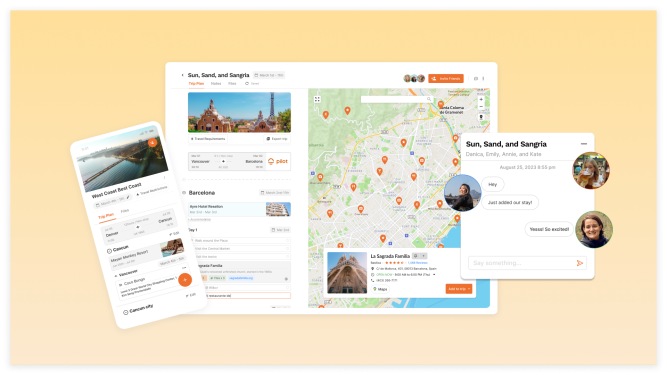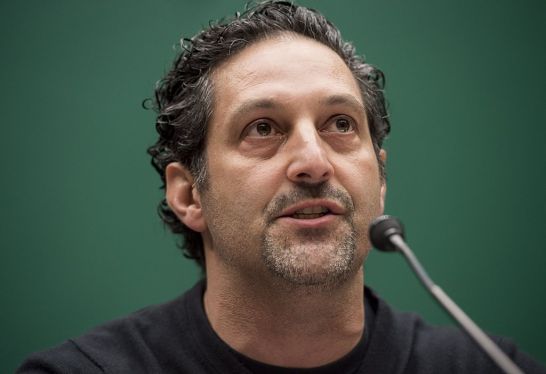Pilot: Revolutionizing Travel Planning with AI-Powered Social Platform
The Hub of Global Travel Experience
In the ever-evolving landscape of travel and technology, a Vancouver-based startup is making waves with its innovative approach to connecting people through travel. Pilot, an all-in-one social trip-planning platform powered by AI, aims to become the hub of the global travel experience. With its beta launch in 2022, Pilot has already gained significant traction, reaching over 20,000 users without any proactive marketing efforts.
The Founding Story
Pilot’s journey began in 2019 when Founder and CEO Connor Wilson had an epiphany while traveling around Europe. Recognizing the need for a more social and personalized approach to travel planning, Wilson brought together a team of four founders to build Pilot. Just as the COVID-19 pandemic hit in 2020, effectively shutting down global travel, the team persevered, and their hard work began to pay off.
Filling a Gap in the Market
Wilson believes that Pilot’s success lies in its ability to fill a gap in the market. "The traditional approach [of travel planning] is very siloed, rigid and surprisingly has no element of social connection that is a big part of traveling," he said in an interview. By starting from the travelers’ perspective and embracing collaboration and personalization, Pilot offers a fresh alternative to existing travel planning platforms.
Not Just Another Social Network
Contrary to what one might expect, Wilson stresses that Pilot is not building a traditional social network. Instead, it’s more like "building consumer software with social functionality, closer to Google Docs, Notion and Strava than Facebook." Users are not meeting new people in a blind fashion; they control who they share their plans with.
The AI-Powered Trip Planner
Pilot’s AI trip planner, called Quickstart, generates an itinerary with personalized recommendations based on the user’s traveling parties’ preferences. This includes allowing users to request any edits or changes via chatting with the AI. With just a few clicks, users can sign up, create a trip, and select specific interests they want to include.
Monetization Strategies
Pilot operates on an affiliate model, earning commissions from vendors when users book their travels through the platform. However, revenue has not been its primary focus until now. "We’ve been building the platform to plan trips on and growing our community," said Wilson. "This has set us up to now explore the limitless opportunities for monetization."
Expansion Plans
The company’s web app is available worldwide, serving English-speaking countries, with a mobile app scheduled for release later this year. Pilot intends to expand further into the Latin American and Asia markets, catering to underserved travelers.
Target Audience
Pilot aims to benefit all types of travelers but currently focuses on those who love to travel in groups, backpackers, digital nomads, and remote workers looking to make the most of their shared experiences.
Funding and Future Plans
With roughly $650,000 raised from angel investors, Pilot is now seeking an additional $4 million to focus more on building out its social side of the platform. As part of the Creative Destruction Lab’s accelerator program this year, Pilot continues to grow and innovate in the travel tech space.
Conclusion
Pilot’s innovative approach to travel planning has resonated with users worldwide, demonstrating the potential for AI-powered social platforms in the industry. With its sights set on becoming the hub of the global travel experience, Pilot is poised to revolutionize the way we plan and connect through travel.




